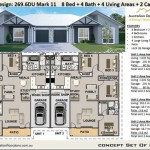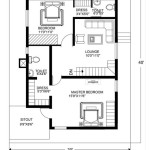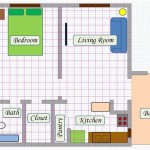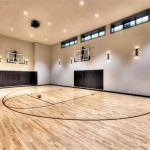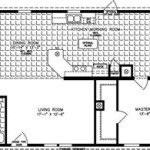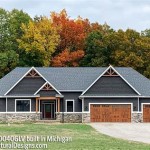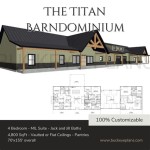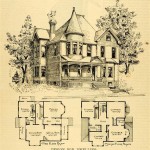Arts and Crafts House Plans: A Timeless Architectural Legacy
The Arts and Crafts movement, born in the late 19th century, revolutionized the world of design and architecture. Its tenets emphasized simplicity, functionality, and the beauty of natural materials. These principles found their embodiment in the iconic Arts and Crafts house plans, which continue to inspire and captivate homeowners today.
Defining Arts and Crafts House Plans
Arts and Crafts house plans are characterized by their distinctive features. They often showcase low-slung profiles, wide porches, and steeply pitched roofs. The use of natural materials, such as wood, stone, and handcrafted details, is prevalent throughout the design. These homes prioritize open floor plans, allowing for a seamless flow of space and light.
Origins and Influences
The Arts and Crafts movement originated in England as a reaction to the mass-produced, ornate architecture of the Victorian era. Its proponents advocated for a return to simpler, traditional forms and a focus on craftsmanship. The movement drew inspiration from the writings of John Ruskin and William Morris, who emphasized the importance of art in everyday life.
Prominent Architects and Designers
Numerous notable architects and designers were instrumental in shaping the Arts and Crafts house plans. Charles Robert Ashbee, Ernest Gimson, and Philip Webb were among the pioneers of the movement in England. In the United States, architects such as Charles and Henry Greene, Gustav Stickley, and Frank Lloyd Wright embraced its principles.
Essential Features of Arts and Crafts House Plans
Arts and Crafts house plans incorporate a range of distinctive design elements:
* Natural Materials: Wood, stone, brick, and handcrafted details are prominent throughout the home, creating a warm and inviting ambiance. * Low-Slung Profiles: These homes often feature single-story or two-story designs, with low-slung profiles that blend harmoniously into their surroundings. * Wide Porches: Porches are an integral part of Arts and Crafts homes, serving as an extension of the living space and providing a cozy outdoor retreat. * Steeply Pitched Roofs: Roofs are typically steep and gabled, with exposed rafters and wide eaves. * Open Floor Plans: Flowing floor plans encourage a sense of spaciousness and natural light, creating a welcoming and comfortable atmosphere.Modern Interpretations of Arts and Crafts House Plans
While Arts and Crafts house plans remain true to their original principles, modern interpretations often incorporate contemporary elements. This includes the use of sustainable materials, energy-efficient technologies, and updated finishes. The timeless design principles of the movement continue to resonate with homeowners who seek a harmonious blend of tradition and modernity.
Conclusion
Arts and Crafts house plans stand as a testament to the enduring legacy of the Arts and Crafts movement. Their emphasis on natural materials, handcrafted details, and open floor plans has created homes that are both aesthetically pleasing and functional. Whether you are a homeowner looking for a timeless architectural style or a designer seeking inspiration, Arts and Crafts house plans offer an enduring source of charm and inspiration.

House Plans Arts And Crafts Art Bungalow Floor Craftsman

1908 Eclectic House Plan With Arts Crafts Detail Western Home Builder Design No 1 V W Voo Craftsman Style Plans Cottage Floor

English Arts Crafts Style House Design 11 1916 Ideal Homes In Garden Communities Francis Pierpont And Vintage Plans

Art Crafts House With 4 Bedrooms Plan 161 1001

Arts Crafts Bungalow House Plan 50104ph Architectural Designs Plans

Plan 051h 0142 The House

Bungalow Floor Plans Style Homes Arts And Crafts Bungalows Craftsman House

1911 Owner Designed Arts Crafts Bungalow Cottage Chareles E White Vintage Craftsman Style House Plans For Small Home Inspiration

House Plan 625 Sycamore Arts And Crafts

Arts And Crafts Architecture

